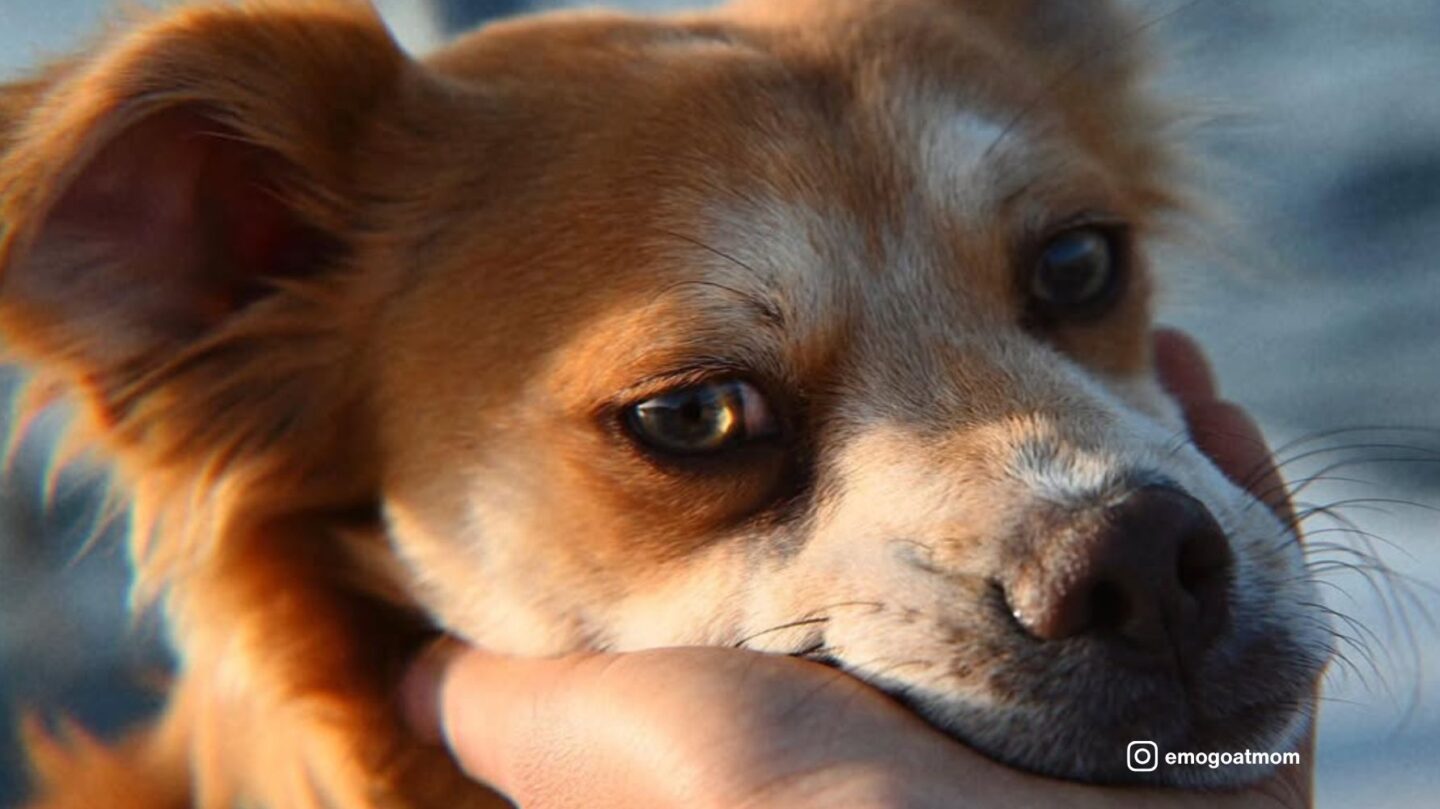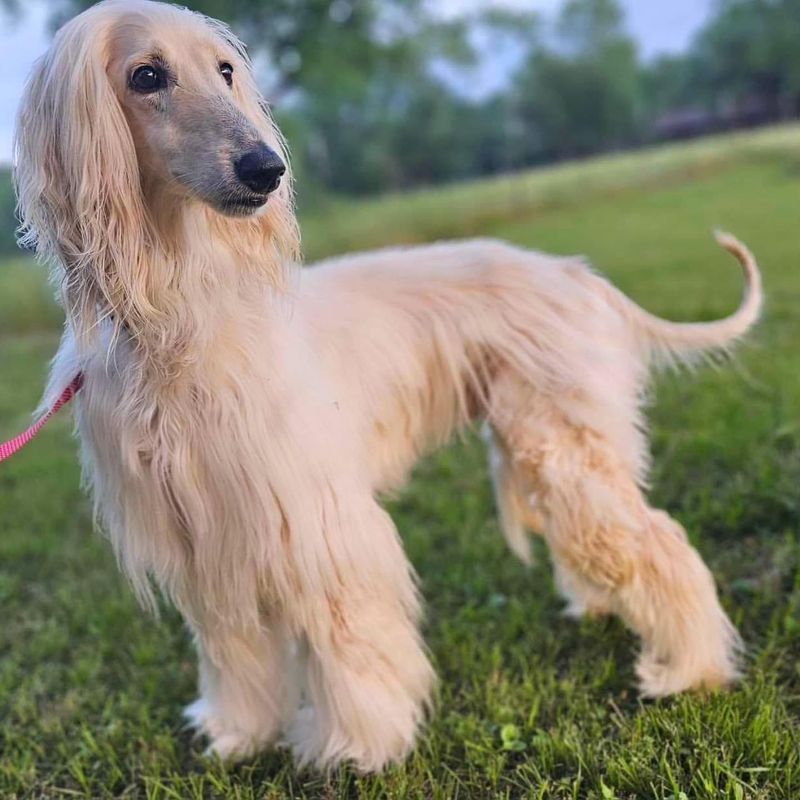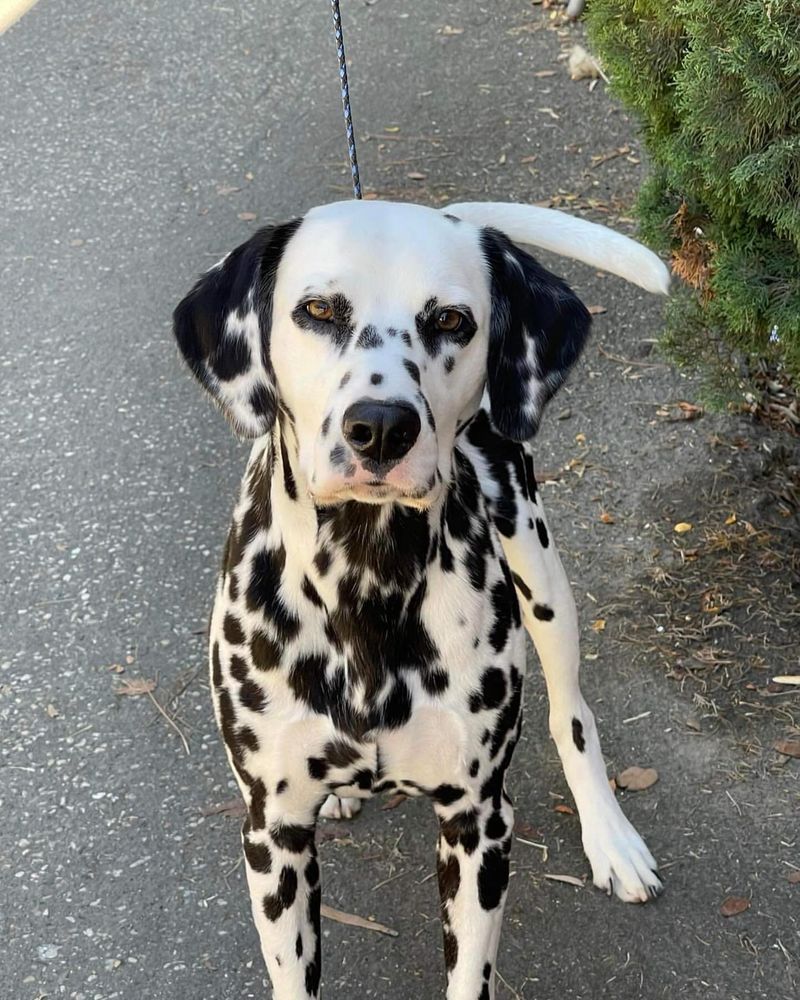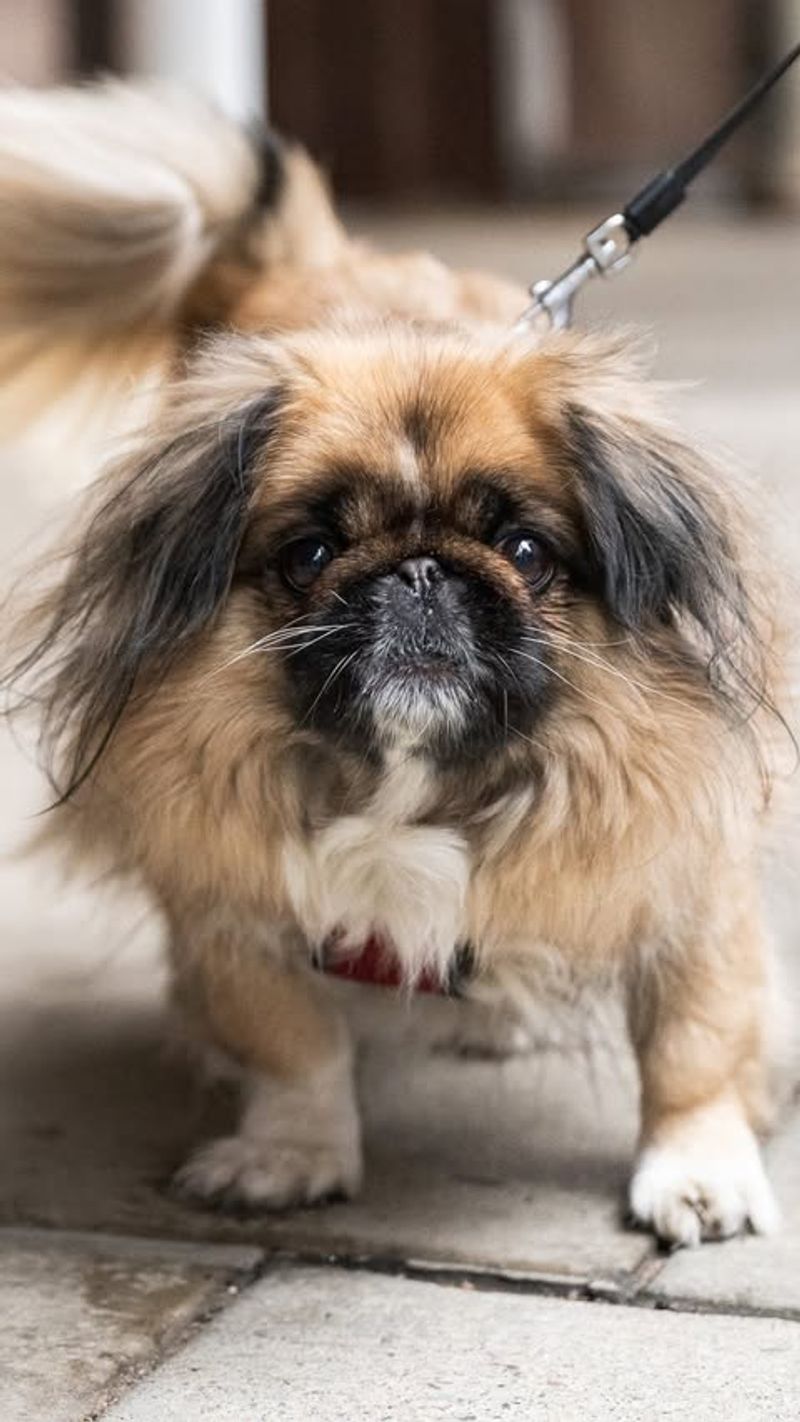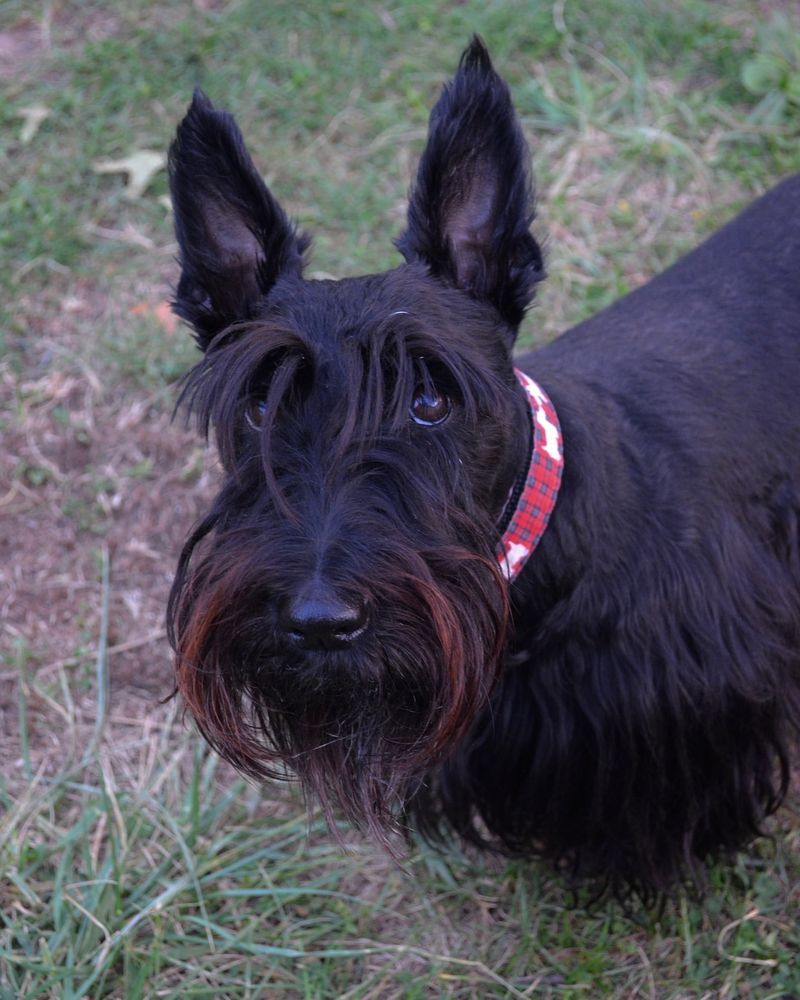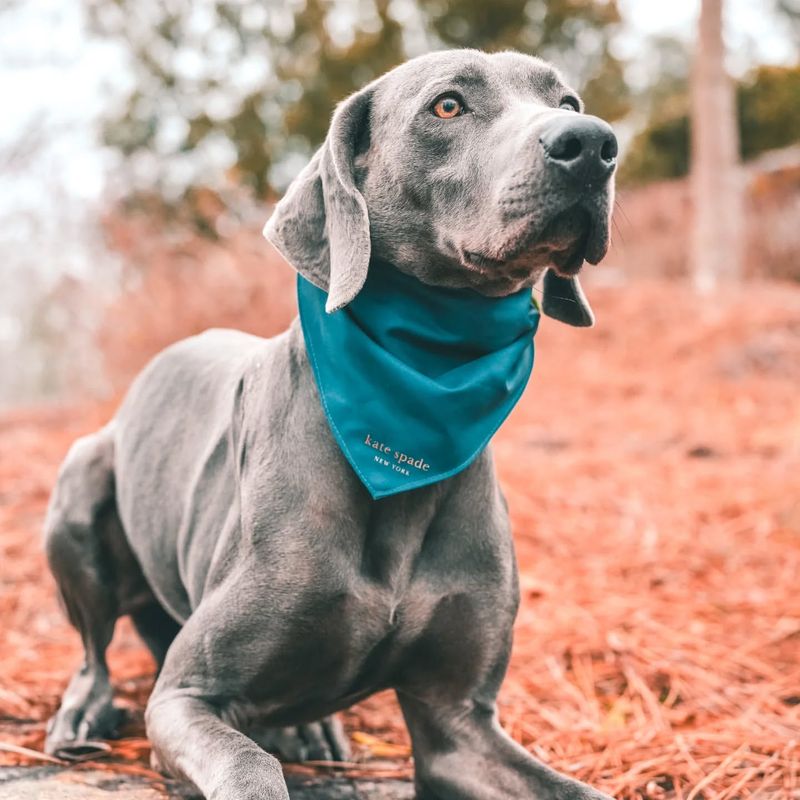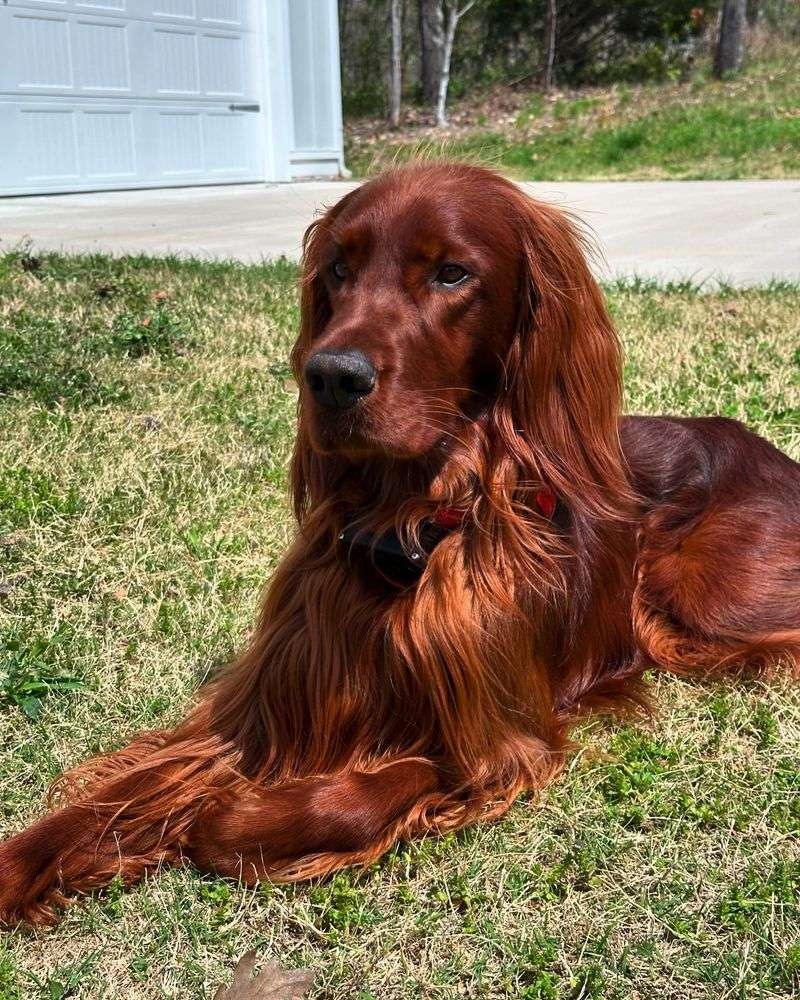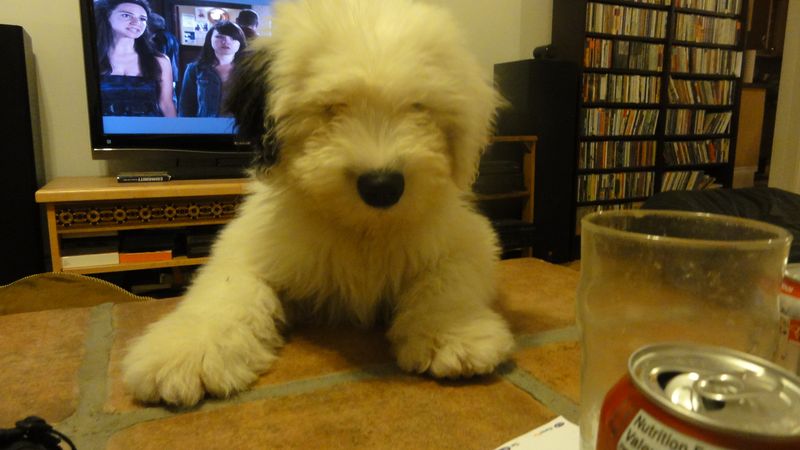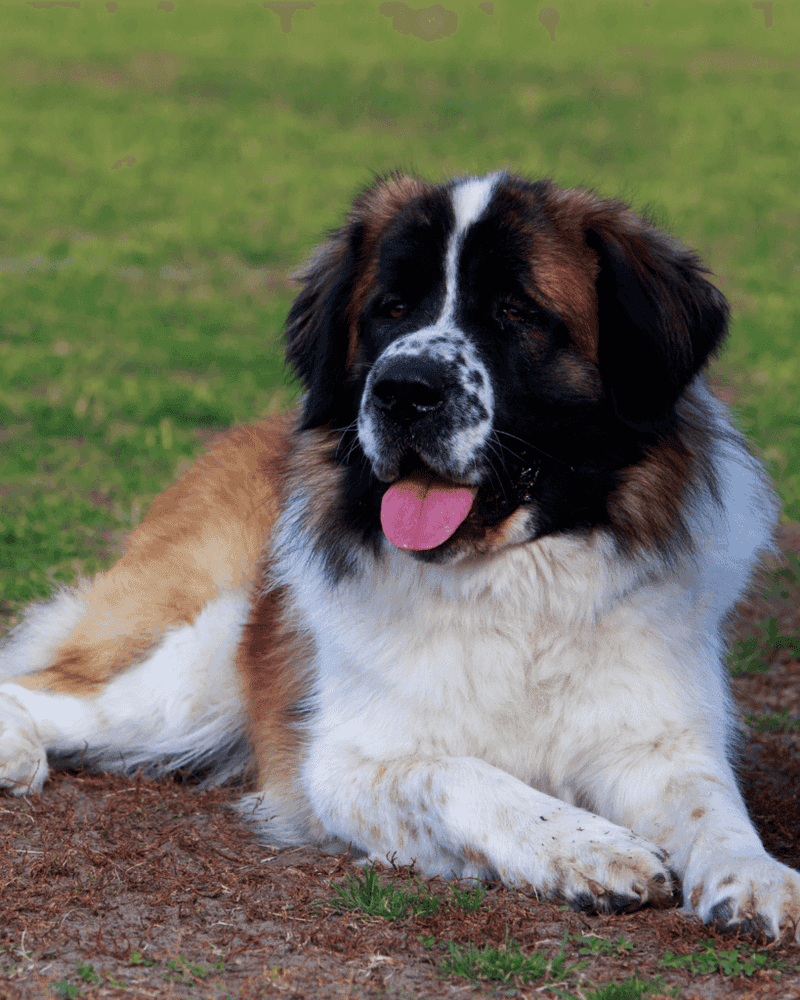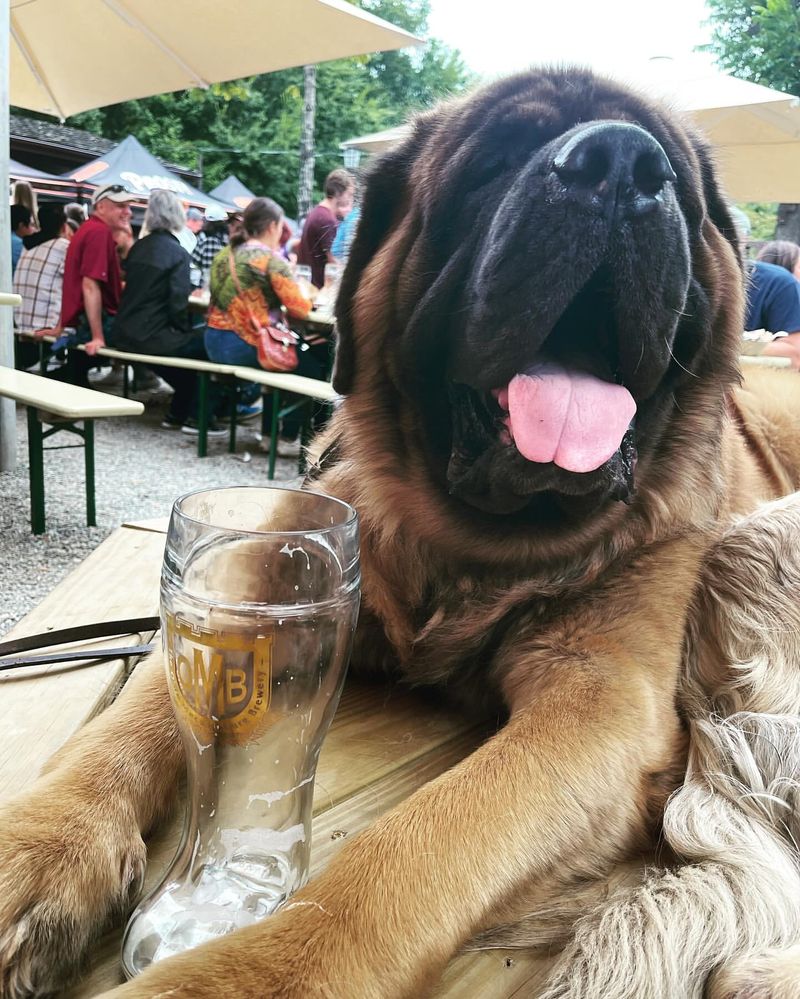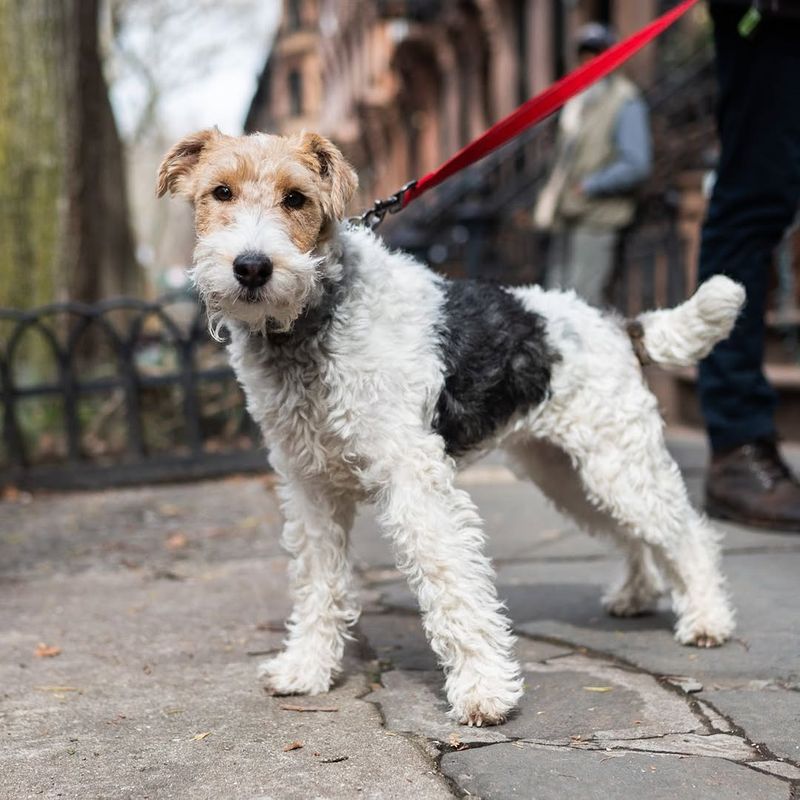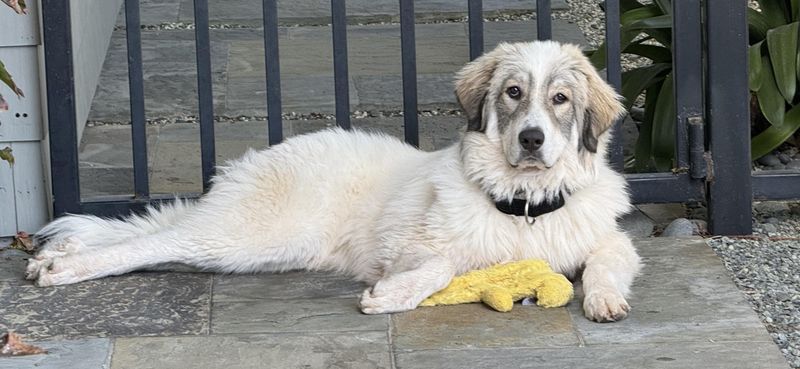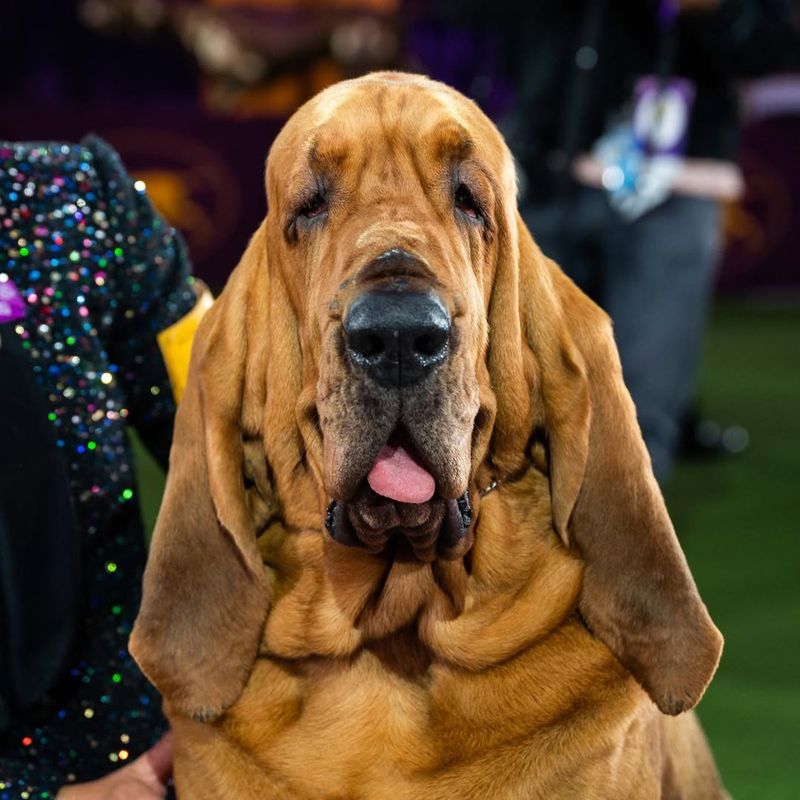In the world of dog ownership, obedience can vary greatly from one breed to another. While some dogs naturally excel in following commands and adhering to household rules, others have a more independent streak, often leading to challenges for their owners. This blog post explores twenty dog breeds that are renowned for their less obedient nature. For those considering adopting one of these breeds, understanding their unique characteristics can help in managing expectations and training strategies. Let’s explore these fascinating breeds, each with its own set of charming yet challenging traits.
Afghan Hound
The Afghan Hound is known for its elegant appearance and independent personality. Often described as aloof, this breed can be quite stubborn, making obedience training a real challenge. Despite their regal looks, Afghan Hounds prefer to follow their own agenda rather than instructions.
Their independence can be charming yet frustrating, especially for new dog owners. Patience and consistency are key when training an Afghan Hound, as they are less motivated by praise and treats compared to other breeds.
However, their beautiful appearance and unique personality continue to captivate dog enthusiasts worldwide.
Basenji
The Basenji is often referred to as the “barkless” dog, but don’t be fooled by its quiet demeanor. This breed is highly independent and can be quite the escape artist. Known for its cat-like behavior, the Basenji often approaches life with an inquisitive yet aloof manner.
Training a Basenji requires creativity and patience, as they can easily become bored with repetitive tasks. Engaging them with games and varied activities can make training sessions more effective.
Though challenging, their unique quirks and intelligence make them a fascinating companion for the right owner.
Chow Chow
Chow Chows are known for their lion-like appearance and equally strong-willed personality. Often described as cat-like, they exhibit a level of independence that can make training challenging. Their stubborn nature means they won’t obey commands unless they see the benefit in doing so.
Socialization from an early age is crucial to prevent them from becoming overly protective or aloof with strangers. Patience and positive reinforcement are essential tools for training a Chow Chow.
Despite these challenges, their loyalty and unique look make them a beloved choice for experienced dog owners.
Bulldog
Bulldogs are known for their distinctive appearance and laid-back demeanor. However, their stubborn streak often makes obedience training a test of patience. They tend to have a mind of their own, which can sometimes lead to selective hearing when commands are given.
Consistency and patience are vital when training a Bulldog, as is using positive reinforcement techniques. Their low energy levels mean they may need extra motivation to engage in training activities.
Despite these challenges, Bulldogs are affectionate companions, beloved for their gentle nature and charming personality.
Borzois
Borzois, known for their elegance and speed, also have a reputation for being independent thinkers. This breed can be quite aloof, preferring to make their own decisions rather than follow commands diligently. Their independent nature means they often require a firm yet gentle hand in training.
Borzois respond best to positive reinforcement and varied training activities that keep them engaged. Consistent training from a young age can help manage their stubborn tendencies.
While they can be challenging to train, their grace and beauty make them a captivating breed for those who appreciate their unique characteristics.
Dachshund
Dachshunds, often known for their playful and curious nature, can also be quite stubborn. Their independence can be traced back to their origins as hunting dogs, where they needed to make decisions quickly and independently.
Training a Dachshund requires patience and creativity, as they may resist commands if they see no immediate benefit. Engaging them with fun activities and rewards can make training more effective.
Despite their willful nature, Dachshunds are loving companions, full of character and charm, making them a popular choice for families looking for a spirited pet.
Jack Russell Terrier
Jack Russell Terriers are known for their boundless energy and spirited nature. However, this liveliness often comes with a side of stubbornness, making obedience training a challenge. Their intelligence can lead them to become easily bored, requiring varied and engaging training techniques.
Consistent training and positive reinforcement are crucial for managing their independent streak. Given their high energy levels, they thrive in environments where they have plenty of physical and mental stimulation.
Despite their challenges, Jack Russells are adored for their playful personality and tenacity, bringing joy and laughter to their families.
Dalmatian
Dalmatians are famous for their striking spotted coats and energetic personalities. However, their strong-willed nature can make training a test of patience and persistence. Known for their intelligence, Dalmatians can quickly learn commands but may choose when to obey them.
Consistent and varied training sessions help keep them engaged, minimizing their propensity for stubbornness. Positive reinforcement and early socialization are key to nurturing a well-behaved Dalmatian.
While they may be a handful at times, their loyalty and vibrant personalities make them a rewarding companion for dedicated owners.
Pekingese
The Pekingese, with its regal appearance, often embodies a strong-willed and independent character. This breed’s historical role as a companion to Chinese royalty seems to have imparted them with a sense of self-importance.
Training a Pekingese requires patience, as they tend to have a mind of their own and may resist commands. Positive reinforcement and gentle persuasion work best for this breed.
While they may be stubborn, their affectionate nature and distinct appearance make them a popular choice among those who appreciate their unique charm and personality.
Scottish Terrier
Scottish Terriers, or Scotties, are known for their distinctive appearance and independent spirit. Often described as having a “big dog” attitude, their stubbornness can make training a challenge. Scotties tend to think for themselves, which can be both a charming and frustrating trait.
Effective training requires patience and a variety of engaging activities to keep them interested. Positive reinforcement and consistency are essential in shaping their behavior.
Despite their headstrong nature, Scotties are cherished for their loyalty and unique personality, making them a beloved choice for those who appreciate their bold character.
Shiba Inu
The Shiba Inu is known for its fox-like appearance and independent personality. This breed often displays a strong will, making obedience training an exercise in patience and creativity. Shiba Inus tend to have their own agenda, often ignoring commands if they find them uninteresting.
Consistency and positive reinforcement are crucial when training this breed, as they respond best to a firm yet gentle approach. Engaging them with varied activities can help keep their attention.
While challenging, their unique look and spirited personality make them a popular choice for those who value their independence.
Lhasa Apso
Lhasa Apsos are known for their distinctive looks and self-assured personalities. Initially bred to guard Tibetan monasteries, they possess a fierce independence that can make training challenging.
Their strong-willed nature means they often require a patient and consistent training approach. Positive reinforcement with treats and praise helps in gaining their cooperation.
Despite their stubbornness, Lhasa Apsos are loyal companions, offering their owners a unique blend of elegance and character. Their charming personality and affectionate nature continue to endear them to dog lovers worldwide.
Beagle
Beagles are known for their friendly disposition and inquisitive nature, but also for their independent streak. Their strong sense of smell and hunting instincts can lead them to become easily distracted, making obedience training challenging.
Consistency and creativity in training methods are key to keeping a Beagle’s attention. Positive reinforcement, along with engaging activities, can help manage their willful nature.
Despite their stubborn tendencies, Beagles are beloved for their playful and affectionate demeanor, making them a popular choice for families seeking a loving and energetic companion.
Basset Hound
Basset Hounds are known for their droopy eyes and long ears, but also for their stubbornness. Their strong sense of smell and independent nature can make training them a bit of a challenge. Often, they prefer to follow their nose rather than commands.
Patience and consistency, coupled with positive reinforcement, are essential when training a Basset Hound. Engaging them in scent-related activities can also prove beneficial.
Despite their obstinacy, Basset Hounds are adored for their gentle nature and loyalty, making them a wonderful addition to families who appreciate their laid-back charm.
Weimaraner
Weimaraners are known for their striking appearance and energetic personality, but their strong-willed nature can pose training challenges. This breed often exhibits a tendency to think independently, which can lead to selective hearing during obedience sessions.
Consistent training and mental stimulation are crucial for managing their exuberant nature. Positive reinforcement and varied activities can help maintain their interest and cooperation.
While they may test your patience, Weimaraners are cherished for their loyalty and affectionate disposition, making them a rewarding companion for active and experienced dog owners.
Irish Setter
Irish Setters are known for their stunning red coats and exuberant personalities. However, their spirited nature can sometimes translate into stubbornness during training. Their high energy levels mean they require plenty of physical and mental stimulation to keep them engaged.
Consistent and varied training techniques, along with positive reinforcement, are essential for nurturing their cooperative side. Early socialization also plays a key role in managing their independence.
Despite the challenges, Irish Setters are beloved for their joyful demeanor and affectionate nature, bringing warmth and vitality to any home.
Old English Sheepdog
Old English Sheepdogs are recognized for their distinctive shaggy coats and amiable personalities. However, their intelligence and independent thinking can sometimes lead to challenges in obedience training. This breed often requires a patient and consistent approach to learning commands.
Positive reinforcement and engaging activities are effective in managing their strong will. Early training and socialization can help shape their behavior and foster cooperation.
Despite their headstrong nature, Old English Sheepdogs are adored for their playful and affectionate demeanor, making them a delightful companion for families who appreciate their unique charm.
Saint Bernard
Saint Bernards are known for their gentle giant reputation and patient nature. However, their size and independent streak can sometimes pose challenges in training. Often, they prefer to think for themselves, requiring a firm yet gentle approach to obedience.
Consistent training and positive reinforcement are key to managing their willful tendencies. Their affectionate nature makes them eager to please when motivated correctly.
While they can be stubborn, Saint Bernards are cherished for their lovable personalities and protective instincts, making them a wonderful choice for those who appreciate their calm and gentle demeanor.
Mastiff
Mastiffs are known for their impressive size and protective nature, but also for their independent streak. Their strong-willed disposition can make training a challenge, requiring patience and consistency. Despite their stubbornness, Mastiffs are deeply loyal and affectionate towards their family.
Positive reinforcement and early socialization are crucial in managing their behavior and ensuring they become well-mannered companions. Engaging them in varied activities can also help in maintaining their interest during training sessions.
While they may be headstrong, Mastiffs are beloved for their gentle and loving nature, making them an excellent choice for experienced dog owners.
Siberian Husky
The Siberian Husky is renowned for its striking appearance and energetic nature. These dogs have a strong independent streak, often leading them to test boundaries. They are pack animals at heart, which can sometimes conflict with following human commands.
Training a Husky requires patience and consistency. They are intelligent but may choose to ignore commands if they find something more interesting. Engaging them in activities that stimulate their mind and body, such as sledding or agility courses, can be effective.
Despite their sometimes challenging behavior, Huskies are loyal companions. They thrive in environments where they are made to feel part of a pack. If you’re considering a Husky, be prepared for a spirited but rewarding friendship.
Fox Terrier
Fox Terriers are known for their lively and inquisitive nature. These small dogs possess a big personality and are often seen as mischievous. Their intelligence and curiosity can sometimes lead them to be stubborn and less obedient.
Regular training is essential to manage their energetic behavior. Despite their stubbornness, they respond well to positive reinforcement techniques. Keeping their training sessions varied and interesting can help maintain their focus.
Fox Terriers form strong bonds with their families and are excellent companions. They thrive in active households where they are given plenty of attention and exercise. If you enjoy a lively and playful pet, the Fox Terrier may be a perfect fit.
Manchester Terrier
The Manchester Terrier is a spirited and intelligent breed, best known for its sleek appearance and agile movements. They have a curious nature and can be quite willful, often displaying a mind of their own.
Consistent training and socialization are key to managing their independent streak. They enjoy activities that challenge their intelligence and physical abilities, such as agility trials. This helps in curbing their tendency to be less obedient.
Manchester Terriers are devoted pets who form strong bonds with their owners. They are best suited to active families who can match their zest for life. With the right approach, they can be both loyal and entertaining companions.
Great Pyrenees
The Great Pyrenees is a breed known for its majestic appearance and calm demeanor. Despite their gentle nature, these dogs are also famously independent and can be quite willful.
Originally bred to guard livestock, they have a strong instinct to protect and make decisions on their own. This independence can sometimes lead them to be less responsive to commands.
Training should focus on building mutual respect and trust. They respond well to calm and confident leadership. With proper training, the Great Pyrenees can be an incredibly loyal and protective companion, bringing a sense of peace and security to their families.
Bloodhound
Bloodhounds are famous for their incredible sense of smell and tracking abilities. This innate trait often leads them on solo adventures, following scents without heed to their owner’s calls. Their single-minded focus can make obedience a secondary concern.
While training a Bloodhound, consistency and patience are essential. They respond well to positive reinforcement but may ignore commands if an intriguing scent is present. Their stubbornness can be challenging, yet their loyalty and dedication to tracking tasks are unmatched. Bloodhounds thrive in environments where they can use their noses to their heart’s content.
